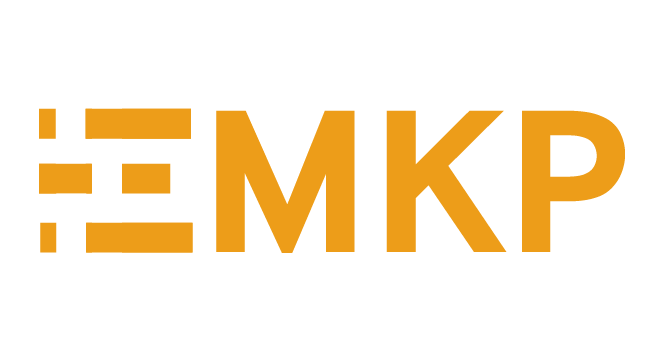The project aims to document the material and non-material system of knowledge that encompasses the Bora designs – especially those related to the Bactris gasipaes drink ritual, Méémeba. The Bora are one of the indigenous peoples of western Amazonia (Caquetá-Putumayo area) who define themselves as “People of the Center”. Their design patterns, made on bodies and objects (like wood masks and gourd rattles), are endangered to disappear due to the lack of opportunities for the sages to transmit their knowledge to the younger ones. Thus, we hope to correspond to our closest interlocutors’ requests, who are concerned about the continuity of this knowledge’s transmission over time. Taking advantage of research carried out by the PI over the last seven years on Bora cosmology, ritual life, and material knowledge, and in collaboration with indigenous intellectuals and artists, we intend to document a wide range of knowledge associated with these designs (forms, techniques, gestures, natural dyes, songs, mythical narratives, and transmission networks). Using as principal methodologies the photographic, sound, and audio-visual recordings and producing new graphic materials through the workshops facilitated by the collaborators Barros and Silva Zafirekudo, we aim to proceed with documentation activities that go far beyond the mere cataloguing of graphic motifs.
In outline, some of our expected outcomes are: to gather in a database a currently dispersed and endangered system of knowledge; to treasure indigenous sages (especially women), known as the great holders of this knowledge; to strengthen intergenerational transmission, today threatened by the intense contact of the young generations with the nonindigenous world; to train local people in documentation activities, encouraging that, in the future, this type of initiative could be conducted in a more autonomous approach; to produce scientific publications conceived from collaborative methodologies and shared authorship; to promote the remote access of communities to museum collections.
PI:
Maria Luísa Lucas
Collaborators:
Bruna Torres Barros
Francy Silva Zafirekudo
Location of Research:
Bora villages on the Igaraparaná River (Amazonas, Colombia), and urban settlements in the cities of Tabatinga and Leticia (Tripoint between Brazil, Colombia and Peru).
Host Institution:
Princeton University
